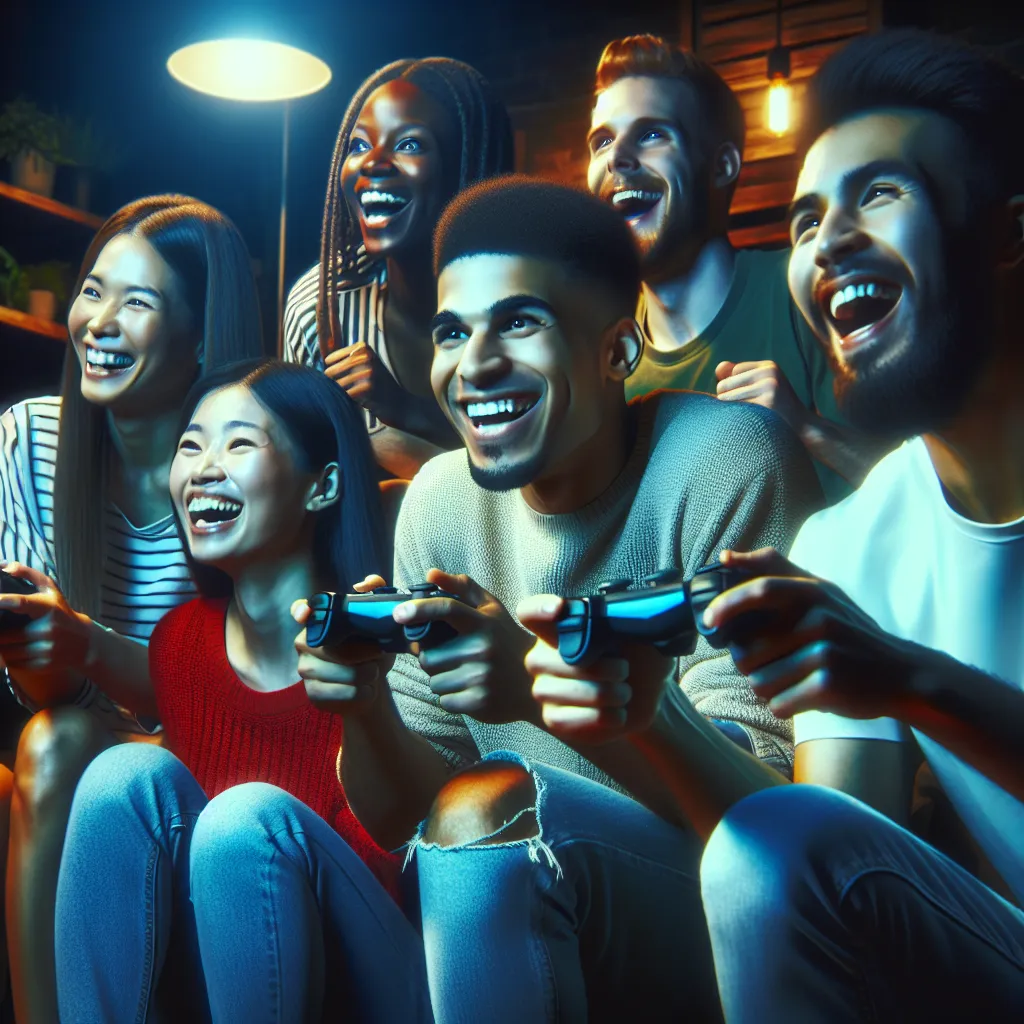The Influence of Video Games on Anxiety and Depression
Video games have become an integral part of modern entertainment, attracting millions of players worldwide. However, concerns have been raised regarding the potential impact of gaming on mental health, particularly in relation to anxiety and depression. Numerous studies have examined the influence of video games on mental well-being, aiming to understand the relationship between gaming and these mental health issues.
Research suggests that excessive gaming may contribute to increased levels of anxiety and depression. The immersive nature of many video games, combined with the often solitary activity of playing, can lead to social isolation and a sedentary lifestyle. This can exacerbate feelings of loneliness and low mood, contributing to the development or worsening of anxiety and depression symptoms.
Furthermore, certain types of video games, such as those featuring intense or violent content, have been associated with heightened levels of stress and anxiety in players. The adrenaline-inducing nature of these games can lead to increased physiological arousal and the activation of the body’s stress response, potentially impacting mental well-being over time.
It is important to note, however, that not all gaming experiences have a negative impact on mental health. In fact, some video games have been developed specifically to promote relaxation, mindfulness, and emotional well-being. These “serious games” are designed to reduce stress and anxiety, offering interactive experiences that can positively influence mental health.
In conclusion, while certain aspects of video gaming have been linked to increased anxiety and depression, the relationship between gaming and mental health is complex and multifaceted. It is crucial for individuals to engage in gaming activities mindfully and seek a balance between gaming and other aspects of life to support their overall well-being.
Examining the Relationship Between Gaming and Stress Levels
Examining the relationship between gaming and stress levels is crucial in understanding the impact of gaming on mental health. Research has shown that excessive gaming may lead to increased stress levels, particularly when it becomes a compulsive behavior or an avoidance strategy for dealing with real-life issues. The immersive nature of gaming, especially in competitive or high-stakes environments, can trigger the body’s stress response, leading to elevated levels of cortisol and adrenaline.
On the other hand, gaming can also serve as a form of stress relief for many individuals. Engaging in gaming as a recreational activity may provide an outlet for escaping daily stressors and unwinding. It can offer a sense of achievement, relaxation, and social connection, which can help reduce stress levels. Additionally, certain types of games, such as puzzle or simulation games, have been found to have a calming effect on players, promoting a sense of mindfulness and mental relaxation.
However, the relationship between gaming and stress is not one-size-fits-all, and individual variances play a significant role. Factors such as the type of game, the gaming environment, and an individual’s coping mechanisms all contribute to how gaming influences stress levels. Furthermore, excessive gaming leading to social isolation, sleep disturbances, and neglect of real-life responsibilities can exacerbate stress levels and have detrimental effects on mental well-being.
In conclusion, the relationship between gaming and stress levels is complex and multifaceted. While gaming can act as both a stressor and a stress reliever, moderation and self-awareness are key in ensuring that gaming habits contribute positively to mental health. Further research and awareness are essential in understanding the nuanced interplay between gaming and stress and in promoting healthy gaming behaviors.
Understanding the Psychological Effects of Gaming
Understanding the psychological effects of gaming is crucial in assessing the impact of gaming on mental health. Research has shown that gaming can have both positive and negative effects on an individual’s mental well-being. One of the key psychological effects of gaming is the potential for immersion and escapism. Many gamers report feeling deeply engrossed in the virtual worlds created by video games, providing a form of relief from real-life stress and anxiety.
On the other hand, excessive immersion in gaming can lead to problematic behaviors and a disconnection from reality. This can manifest as a neglect of responsibilities, social withdrawal, and an overall decline in mental health. Understanding the balance between healthy escapism and problematic immersion is essential in evaluating the psychological impact of gaming.
Furthermore, the social aspect of gaming also plays a significant role in its psychological effects. Online multiplayer games and virtual communities can provide a sense of belonging and social interaction for individuals who may struggle to engage in face-to-face interactions. This can have positive effects on mental health, reducing feelings of isolation and loneliness.
However, excessive gaming can lead to social isolation, especially if individuals prioritize gaming over in-person social activities. This can contribute to feelings of alienation and negatively impact mental health. Understanding the nuances of social interaction within gaming environments is essential in comprehending its psychological effects.
In conclusion, understanding the psychological effects of gaming involves recognizing the potential for both positive and negative impacts on mental health. By examining the immersive and social aspects of gaming, researchers and mental health professionals can gain insight into how gaming influences an individual’s psychological well-being.



